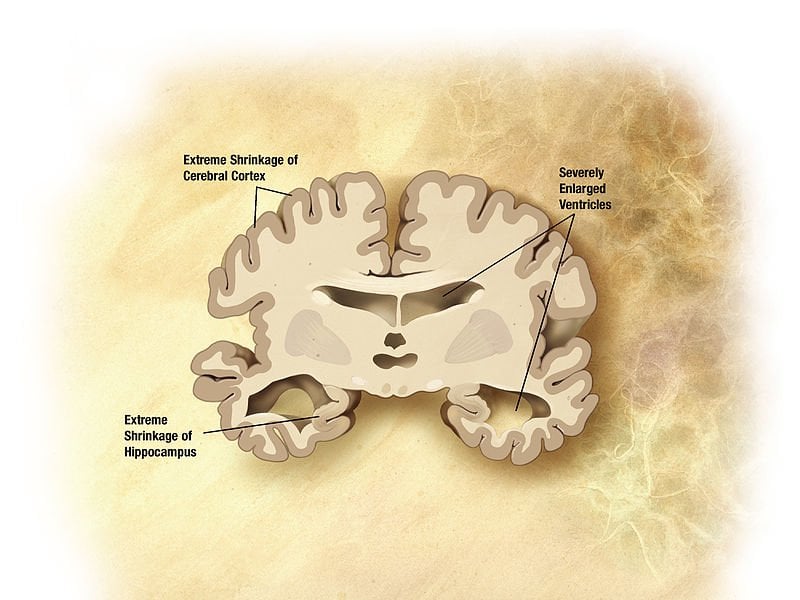Researchers at the University of Florida and The Johns Hopkins University have developed a line of genetically altered mice that model the earliest stages of Alzheimer’s disease. This model may help scientists identify new therapies to provide relief to patients who are beginning to experience symptoms.
The researchers report their findings in The Journal of Neuroscience.
“The development of this model could help scientists identify new ways to enhance brain function in patients in the early stages of the disease,” said David Borchelt, UF professor of neuroscience in the Evelyn F. and William L. McKnight Brain Institute and director of the SantaFe HealthCare Alzheimer’s Disease Research Center. “Such therapies could preserve brain function longer and delay the appearance of more severe symptoms that leave patients unable to care for themselves.”

In the early stages of Alzheimer’s disease, people struggle with and fail to learn new games, rules or technologies because their cognitive flexibility decreases. The degenerative disease continues with memory loss and the decline of other brain functions.
The researchers worked with mice that had specially designed gene fragments derived from bacteria and from humans that allowed the investigators to control the production of a small peptide. The peptide, called amyloid beta peptide, is a short chain of amino acids. Accumulations of this particular peptide in the brain as lesions called plaques occur early in the progression of Alzheimer’s disease and seem to trigger the early memory problems.
The team regulated the expression of the peptide using antibiotics, when the animals stopped taking the antibiotic, the peptide-producing gene turned on and caused the mice to develop the plaques found in Alzheimer’s patients. After the mice had developed the Alzheimer pathology, the researchers turned the gene back off and observed that the mice showed persistent memory problems that resemble the early stages of the disease.
“This model may be useful to researchers to test drugs that could help with symptoms of early stage Alzheimer’s disease,” Borchelt said.
Notes about this Alzheimer’s disease research
This research is funded by the National Institute of Neurological Disease and Stroke of the National Institutes of Health, and the SantaFe HealthCare Alzheimer’s Disease Research Center of the University of Florida.
Contact: Melissa Lutz Blouin – University of Florida
Source: University of Florida press release
Image Source: Image credited to ADEAR/NIH and is in the public domain.
Original Research: Abstract for “Reversible Pathologic and Cognitive Phenotypes in an Inducible Model of Alzheimer-Amyloidosis” by Tatiana Melnikova, Susan Fromholt, HyunSu Kim, Deidre Lee, Guilian Xu, Ashleigh Price, Brenda D. Moore, Todd E. Golde, Kevin M. Felsenstein, Alena Savonenko and David R. Borchelt in The Journal of Neuroscience. Published online February 27 2013 doi: 10.1523/JNEUROSCI.4251-12.2013







